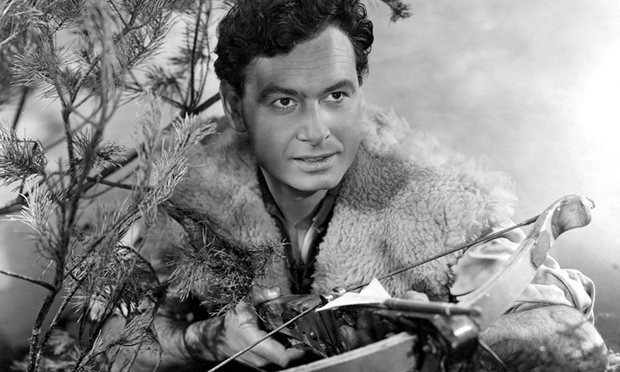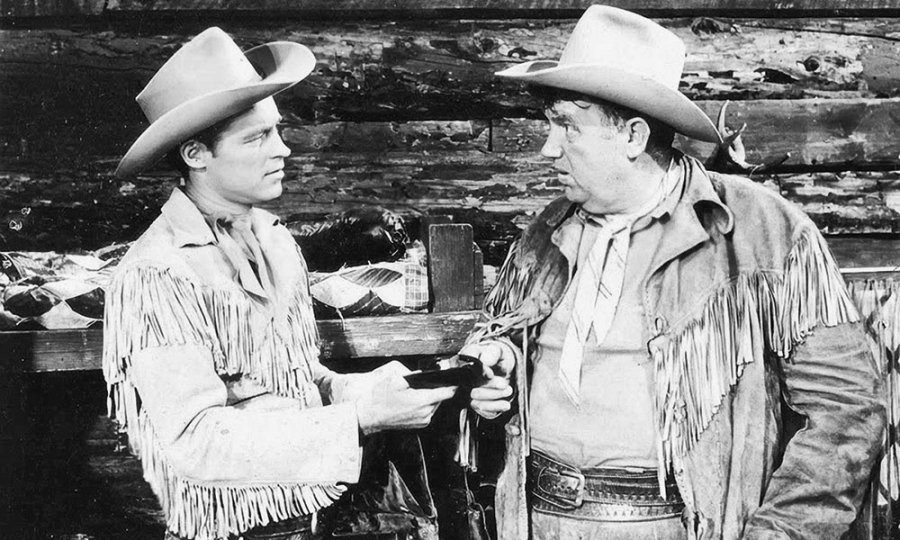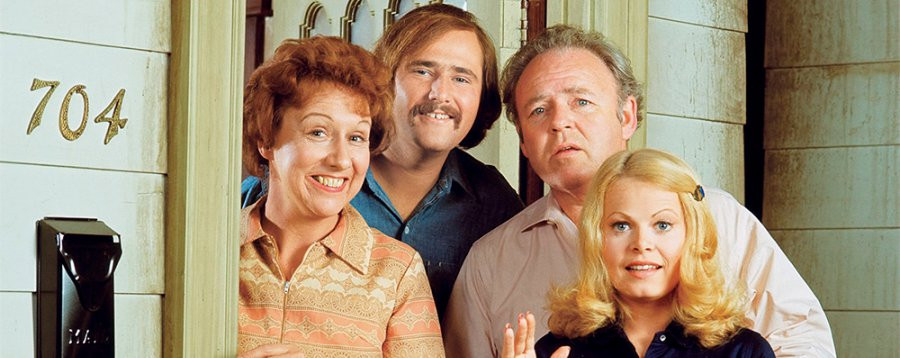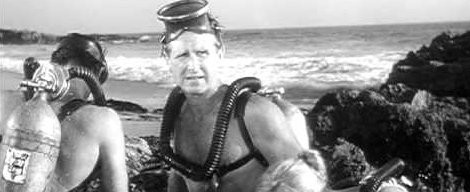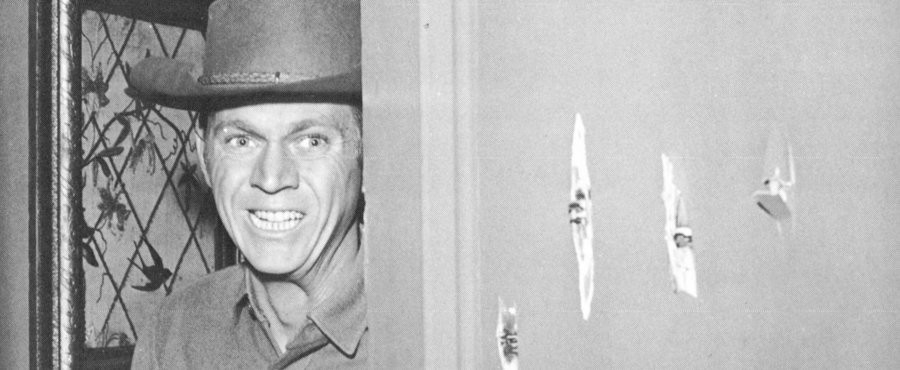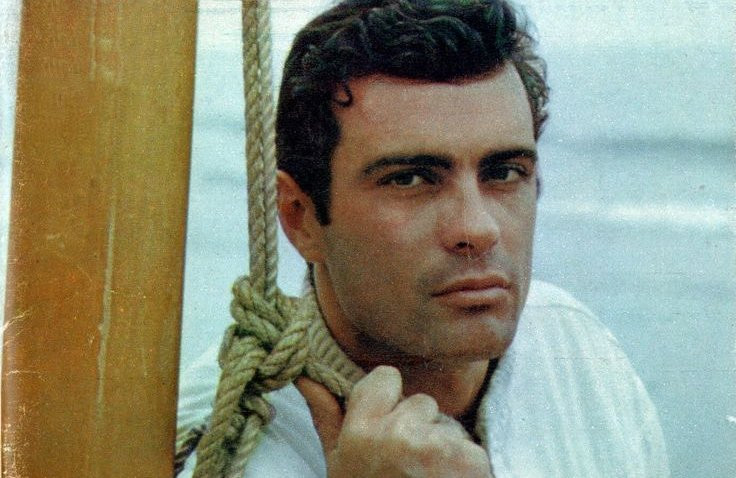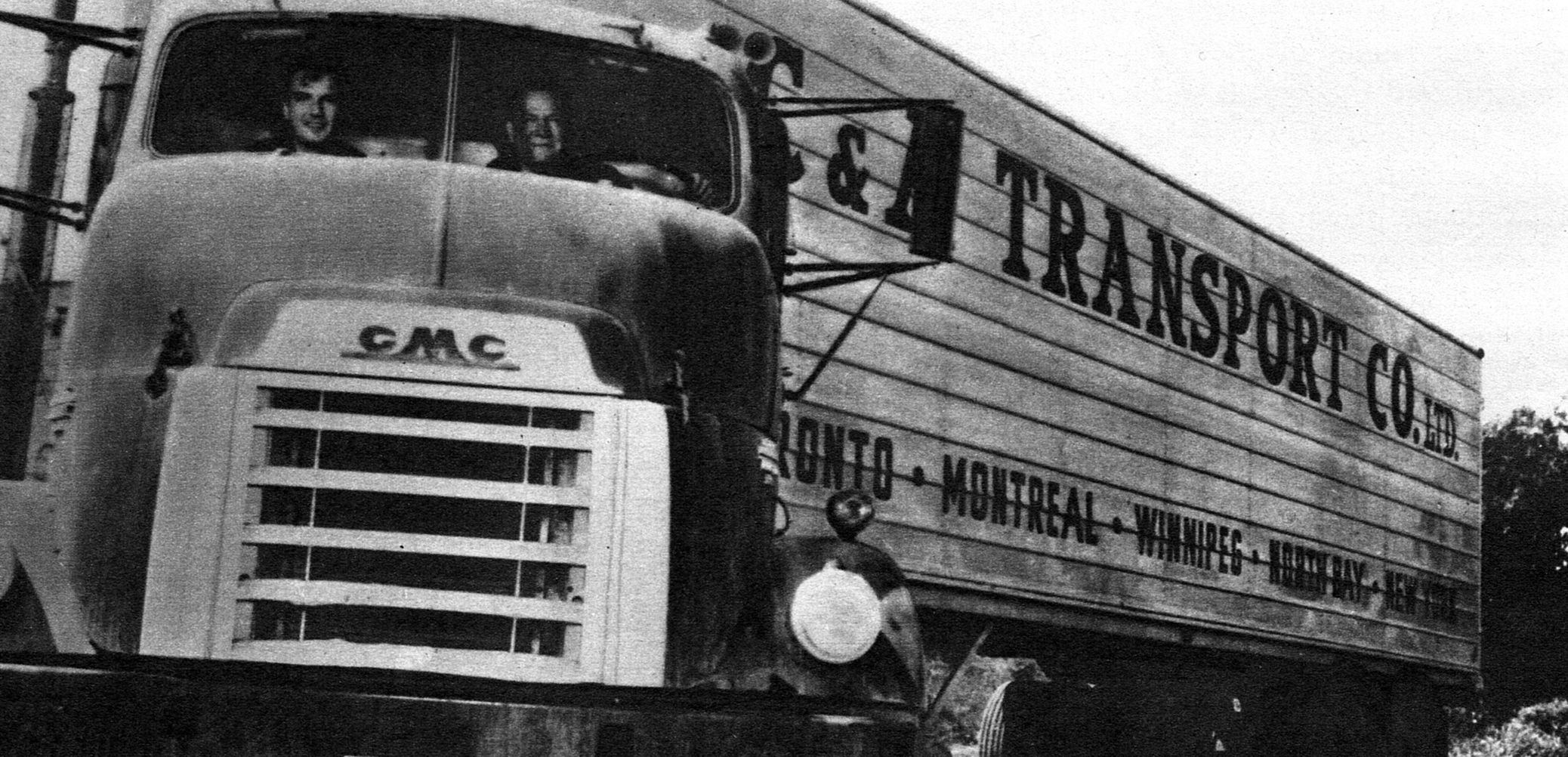
Cannonball
1958 - United Kingdom, CanadaA fun, free-wheeling ride through mid-century North American highways
In the golden age of early television, few series captured the rugged charm of working-class heroes quite like Cannonball (1958), a Canadian/British co-production that fused the adventure of the open road with the warmth of family drama. With its simple yet effective format and engaging leads, Cannonball was a half-hour black-and-white series that offered viewers an undemanding but entertaining look into the lives of long-haul truckers who roamed the vast stretches of Canada and the United States.
At its core, Cannonball followed the adventures of Mike Malone (nicknamed “Cannonball”), played with sturdy dependability by Paul Birch, and his younger partner Jerry Austin (William Campbell), as they hauled freight for the fictional Toronto-based C&A Transport Company Ltd. The two navigated not only the literal highways between cities but also the moral crossroads of everyday working-class life. Each episode packed in a contained drama involving dangerous roads, stranded motorists, runaway kids, or minor crimes, echoing the kind of human-interest stories that would later become staples in series like Route 66 and Movin' On.
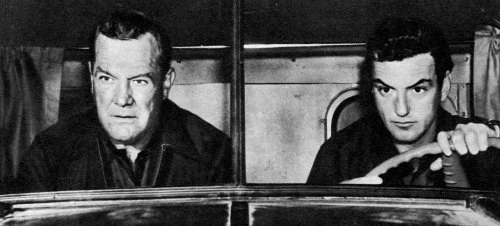
The show was conceived by producer Robert Maxwell, who drew inspiration from real-life stories found in the trucking industry. Fascinated by the tales of heroism tied to the American Trucking Associations’ “Driver of the Year” award, such as drivers saving crash victims from fiery wrecks or rescuing families from burning homes. Maxwell saw the potential for a series steeped in grit, integrity, and heart. That ethos infused the show’s storytelling, giving Cannonball a distinctive blend of action and earnestness.
Though the leads were American, the series made excellent use of Canadian talent. Beth Lockerbie brought a grounded, maternal strength as Mary Malone, Mike’s wife, while Beth Morris and Steve Barringer played their children, Ginny and Butch. Howard Milsom was the gruff but reliable dispatcher Harry Butler, and the show featured a rotating cast of recognizable Canadian character actors like Ruth Springford and Alfie Scopp.
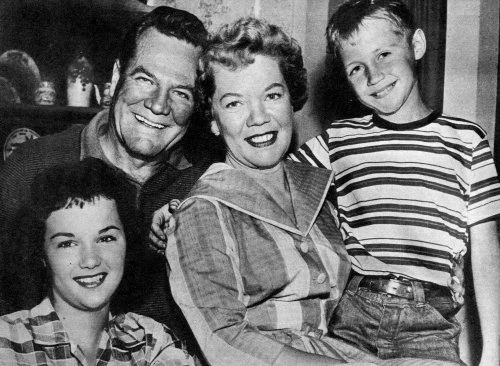
Visually, the series was filmed in and around Toronto, which doubled for various North American locales, giving the show a practical authenticity. The GMC Model 950 COE diesel tractor featured in the series served as a rolling symbol of mid-century industry and determination.
Perhaps most poignant is how the show ends. In the finale, "Tunnel Eyes," Jerry is presented with a chance to return to college. Mike, recognizing the opportunity but understanding Jerry’s loyalty, feigns a vision issue during his medical check-up so that their partnership must end, freeing Jerry to pursue a better future. It’s a surprisingly tender, self-sacrificing moment that encapsulates the heart of Cannonball—a show about loyalty, decency, and life on the move.
Though it ran for only one season, Cannonball remains a fascinating snapshot of 1950s television. It was one of the rare ITC productions to air on ABC Weekend TV in the UK and represented a successful transatlantic collaboration under Lew Grade’s prolific ITC banner. Today, it stands as a trailblazer that paved the way for later road dramas and a touching tribute to the men and women who keep the wheels of commerce - and television - rolling.
Verdict (2025 perspective):
★★☆☆☆ - A heartfelt, straightforward drama with strong performances and an endearing working-class sensibility. Cannonball may be a product of its time, but it’s still worth the ride.
Seen this show? How do you rate it?
Seen this show? How do you rate it?
Published on May 2nd, 2025. Written by Laurence Marcus for Television Heaven.


